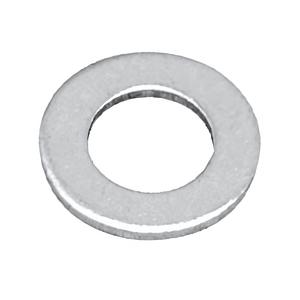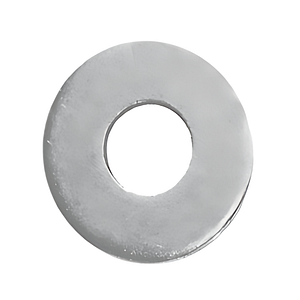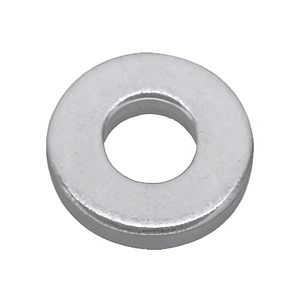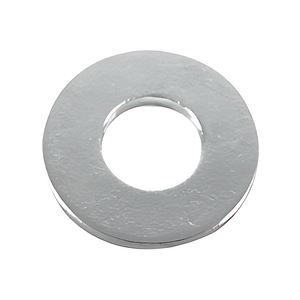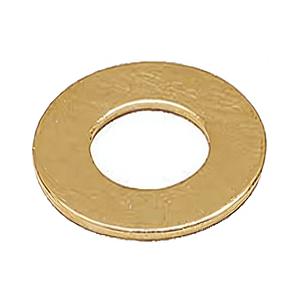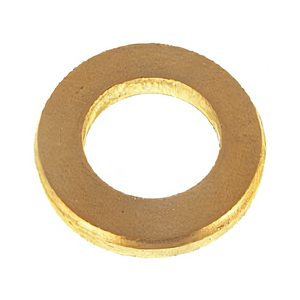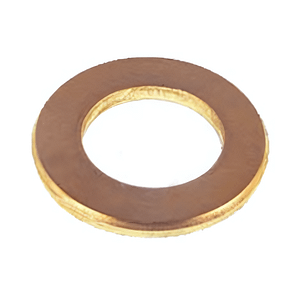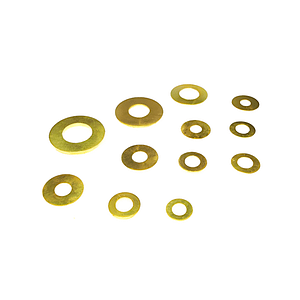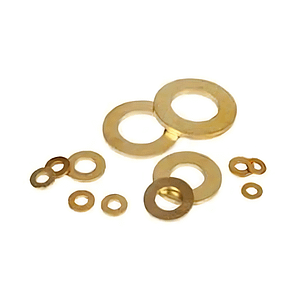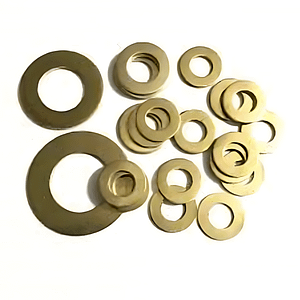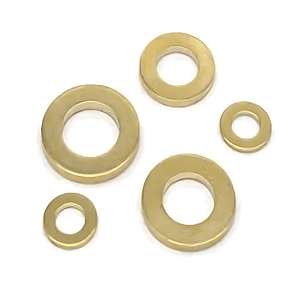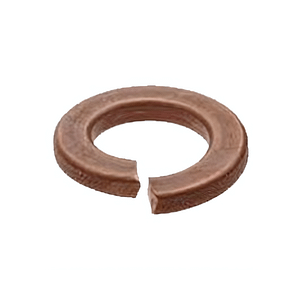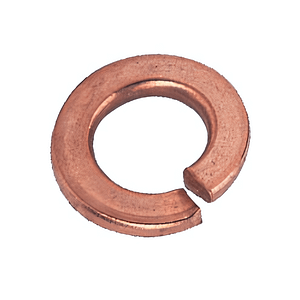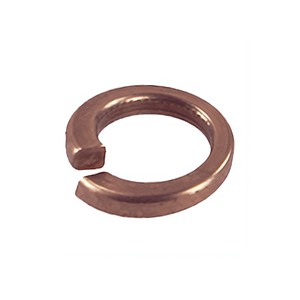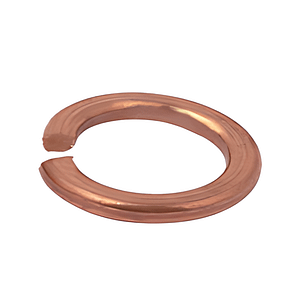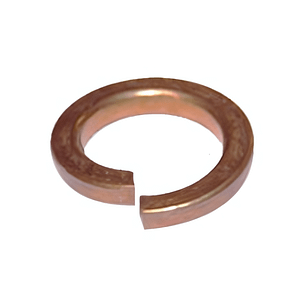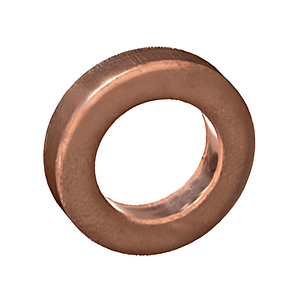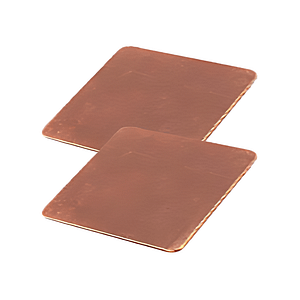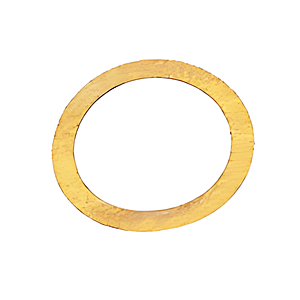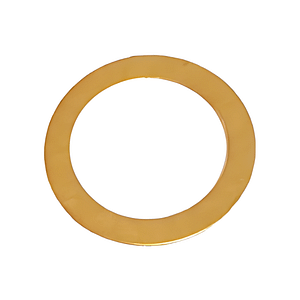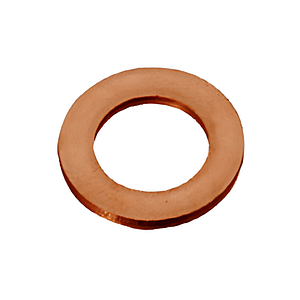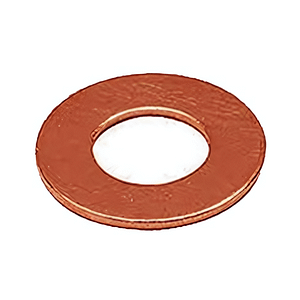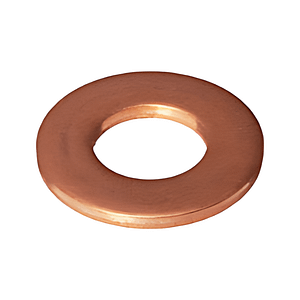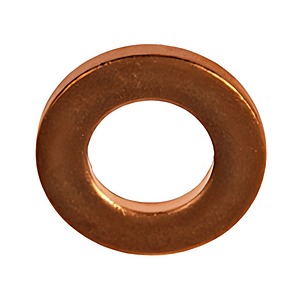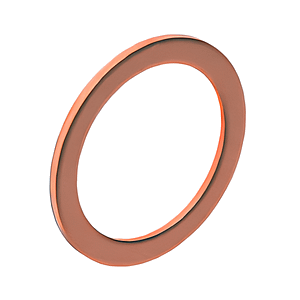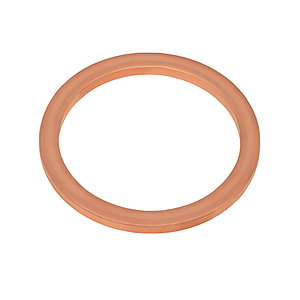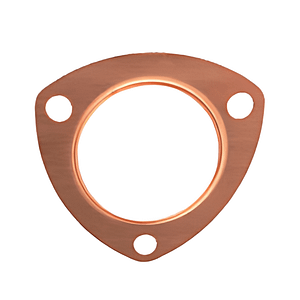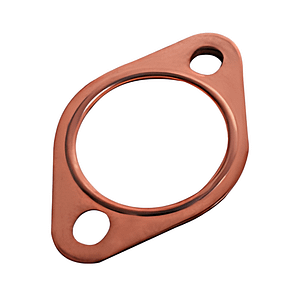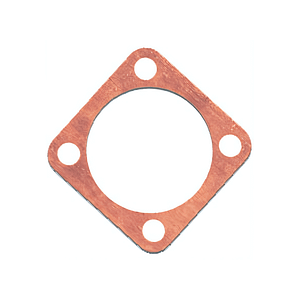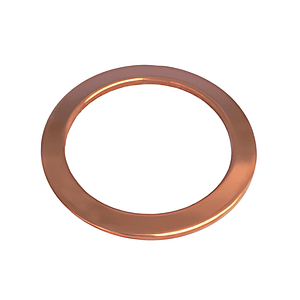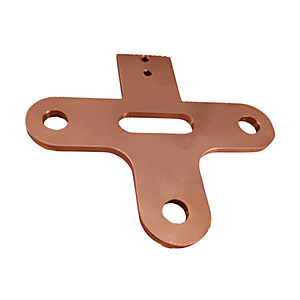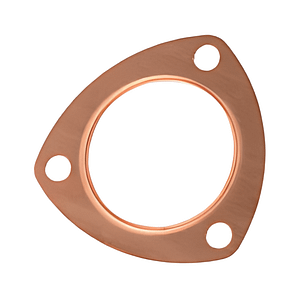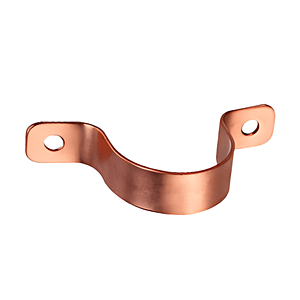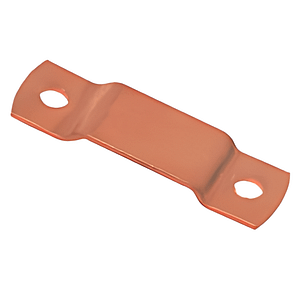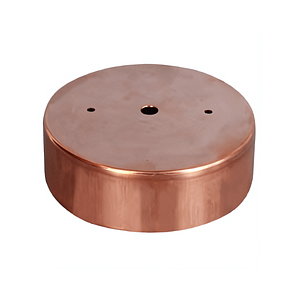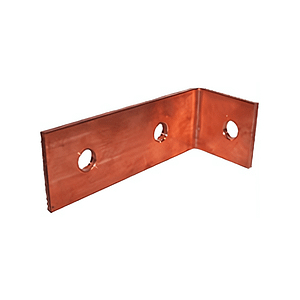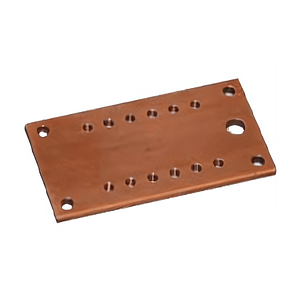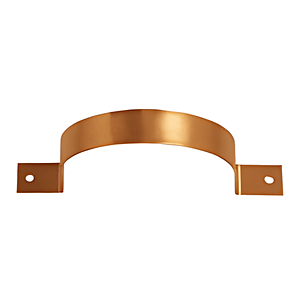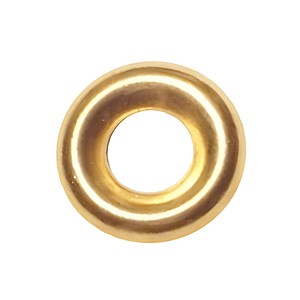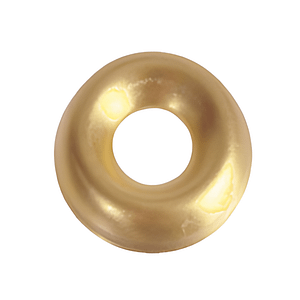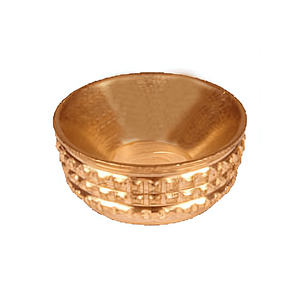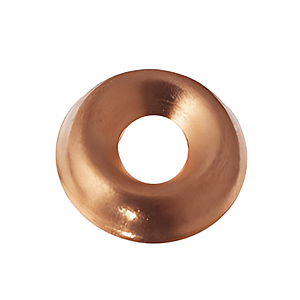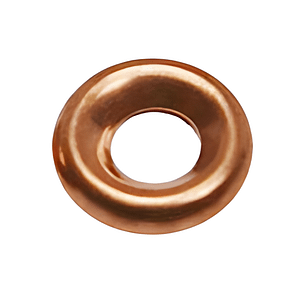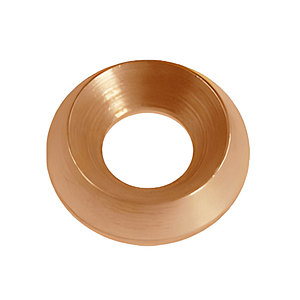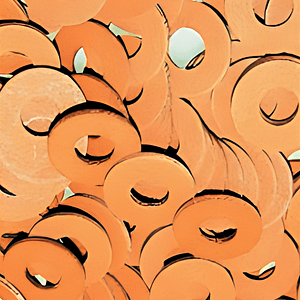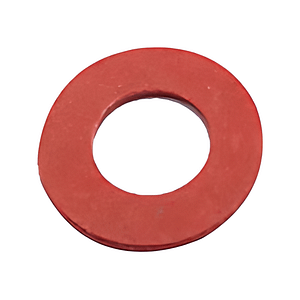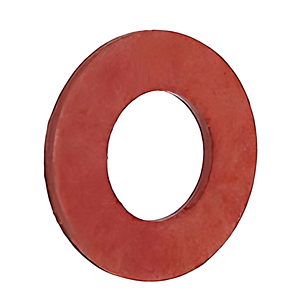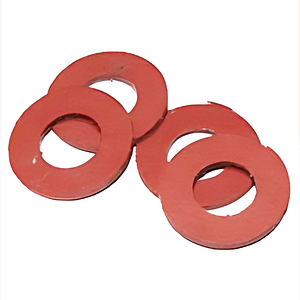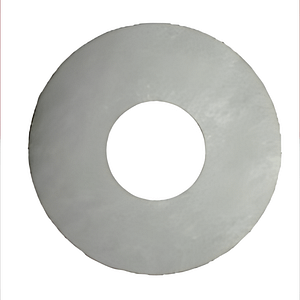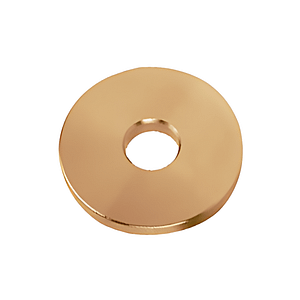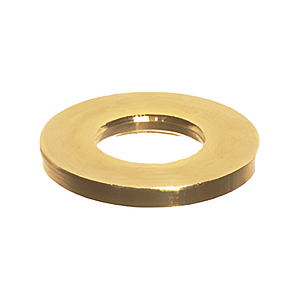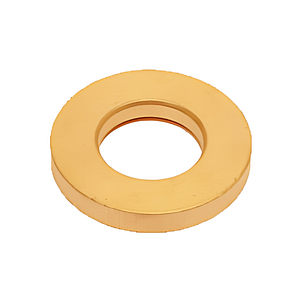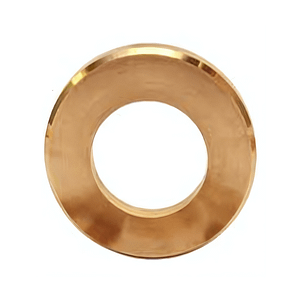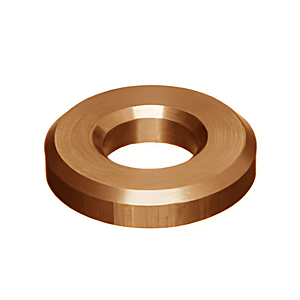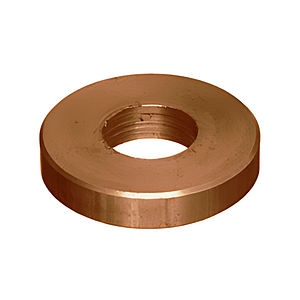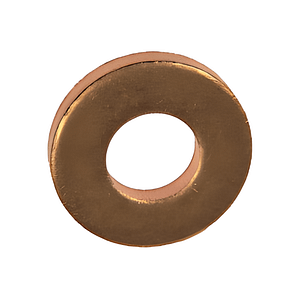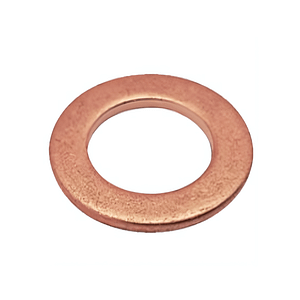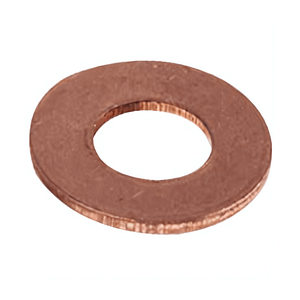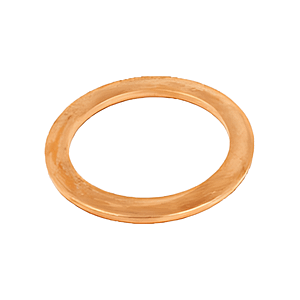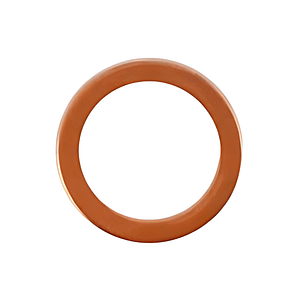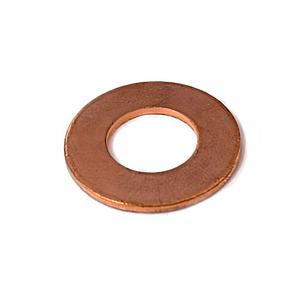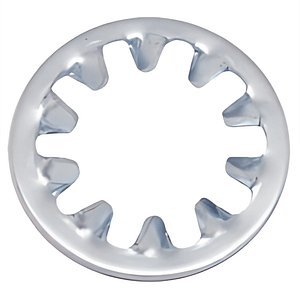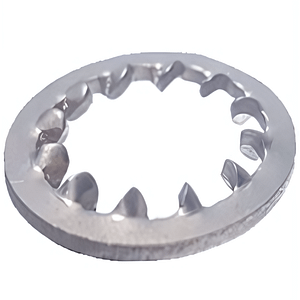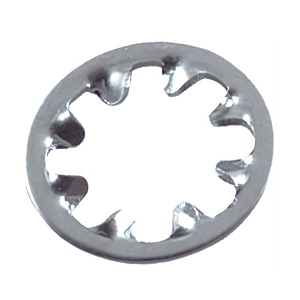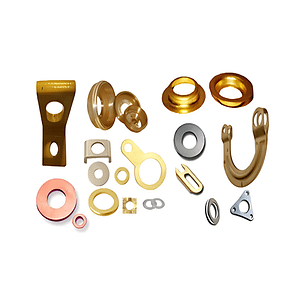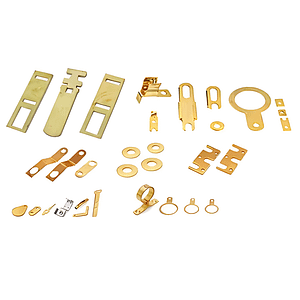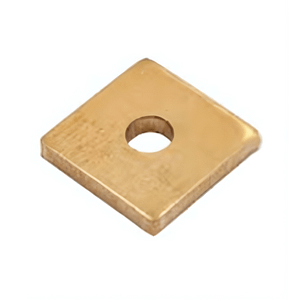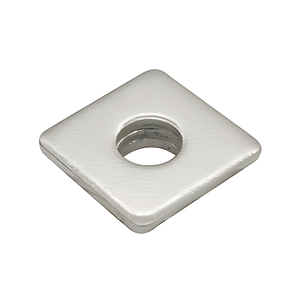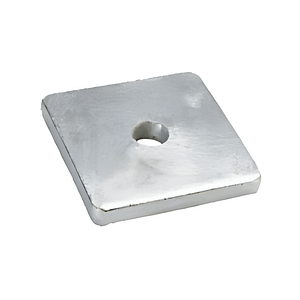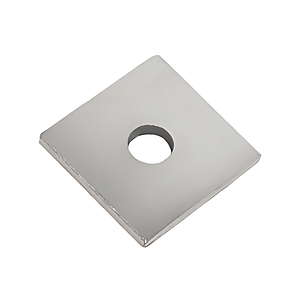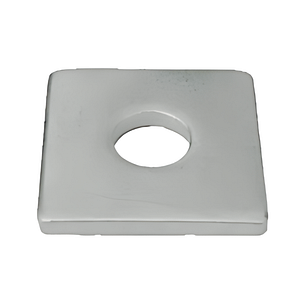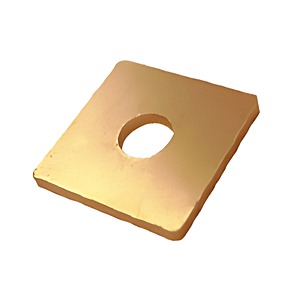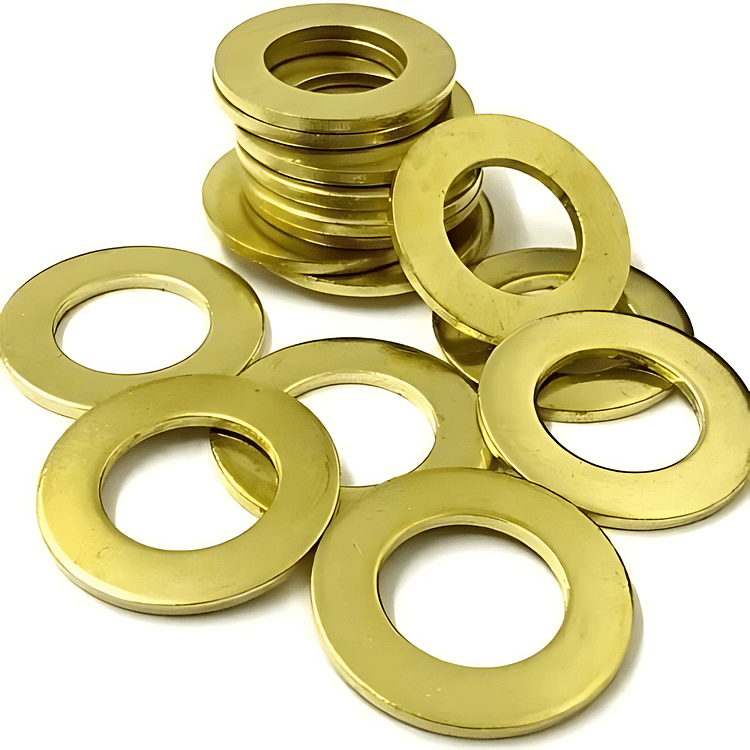
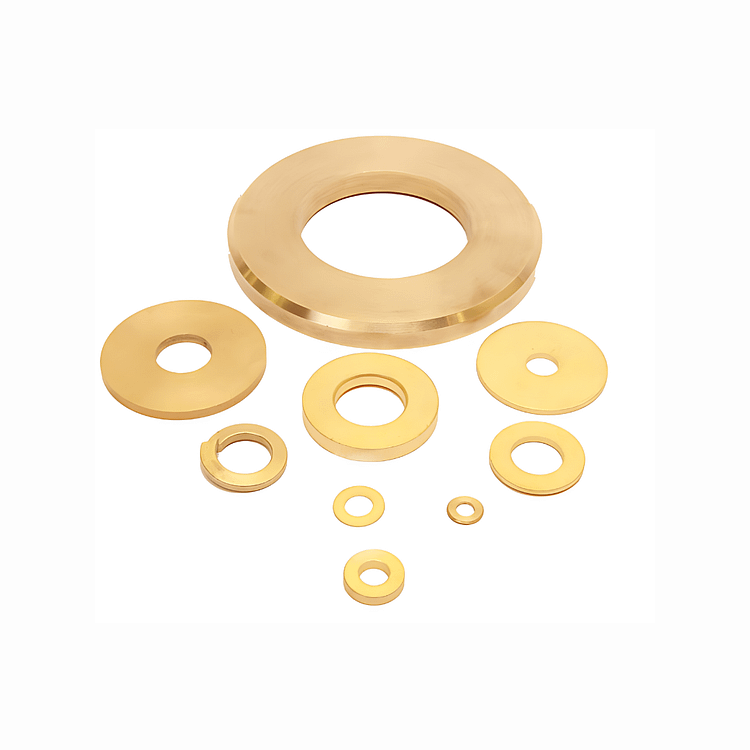
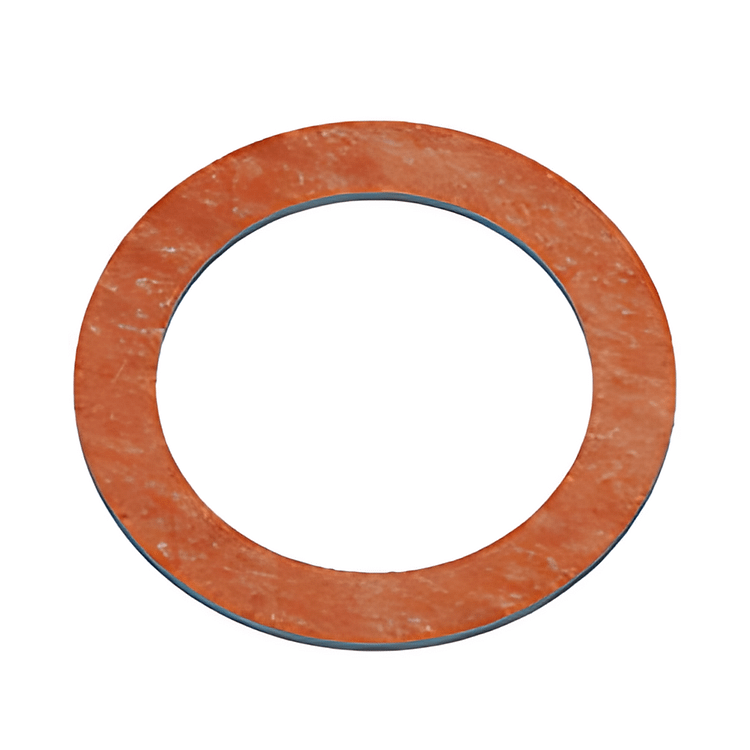
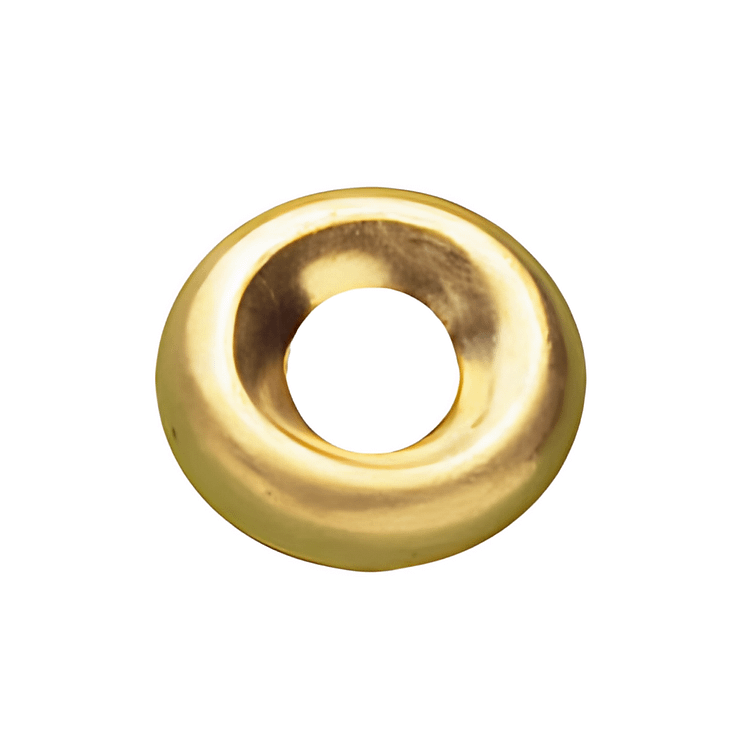
Washers Pressed Components
Washers pressed components are critical elements in numerous mechanical and structural applications, providing essential functions such as load distribution, spacing, and insulation. These components are manufactured using pressing techniques to shape flat, round pieces of metal or other materials. Here’s a closer look at the key features and benefits of washers pressed components.
Essential Functions
Washers serve several key functions in mechanical assemblies. They distribute the load of fasteners, such as bolts and screws, preventing damage to the surfaces being fastened. Additionally, washers can act as spacers, locking devices, and insulators, contributing to the overall integrity and reliability of the assembly.
Manufacturing Process
The production of washers involves pressing techniques that shape flat sheets of metal or other materials into the desired washer form. This process ensures uniformity and precision, resulting in components that meet exact specifications. Pressing is an efficient method for producing large quantities of washers with consistent quality.
Material Versatility
Washers can be made from a wide range of materials, including metals like steel, stainless steel, brass, and aluminum, as well as non-metallic materials like rubber, plastic, and fiber. The choice of material depends on the specific application requirements, such as load capacity, environmental conditions, and electrical insulation needs.
Durability and Strength
Metal washers, especially those made from steel and stainless steel, offer excellent durability and strength. They can withstand significant mechanical stress and resist wear and deformation. This makes them suitable for use in high-stress environments, such as automotive, aerospace, and industrial machinery applications.
Corrosion Resistance
Washers made from materials like stainless steel and brass provide excellent corrosion resistance. This property is crucial for applications exposed to moisture, chemicals, or harsh environmental conditions, ensuring long-term reliability and preventing rust and degradation.
Customization and Standards
Washers pressed components can be customized to meet specific design requirements. Manufacturers can produce washers in various sizes, thicknesses, and shapes, tailored to the unique needs of a project. Additionally, standard washers are available in industry-standard sizes, ensuring compatibility with commonly used fasteners.
Cost-Effectiveness
The pressing process used to manufacture washers is cost-effective, especially for high-volume production. This efficiency in manufacturing translates to lower costs for end-users, making washers an economical choice for many applications.
Environmental Sustainability
Many washers are made from recyclable materials, contributing to environmental sustainability. Metal washers, in particular, can be recycled and reused, reducing the need for new raw materials and minimizing waste. This aligns with eco-friendly practices in manufacturing and product design.
Conclusion
Washers pressed components are indispensable in a variety of mechanical and structural applications, offering essential functions such as load distribution, spacing, and insulation. Their versatility in materials, durability, and cost-effectiveness make them a preferred choice in numerous industries. By leveraging pressing techniques, manufacturers can produce high-quality washers that meet precise specifications and enhance the reliability of assemblies.
